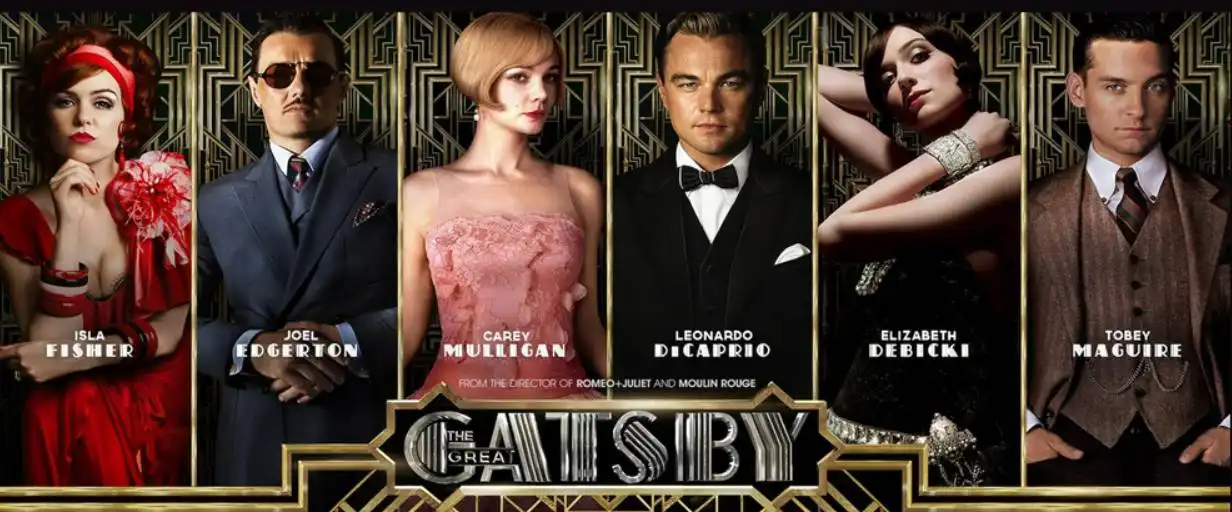Success is often seen as the ultimate goal for many. But what happens when achieving success comes at the cost of moral values? F. Scott Fitzgerald’s The Great Gatsby dives deep into the murky waters of this question exploring the consequences of ambition in the pursuit of wealth and status. The novel provides rich commentary on the costs of chasing the American Dream. For readers today who wish to explore these themes the availability of free and legal access to books with z lib can help immerse themselves in the world of Gatsby.
The Glittering Dream and Its False Promise
Gatsby’s story represents the allure of success yet that glitter is deceiving. The opulent lifestyle he builds masks a reality of emptiness. Though Gatsby’s parties are filled with excitement and joy he is often alone and isolated. The success he yearns for fails to provide any real sense of fulfillment. His dream of winning Daisy’s love collapses under the weight of materialism. Instead of achieving happiness he is left with only illusions.
Free and legal access to books with zlibrary helps readers examine how Fitzgerald uses the contrast between wealth and emptiness to emphasize the dark side of success. Gatsby’s story serves as a cautionary tale for anyone seeking meaning solely through wealth.
Wealth Without Morality
The darker themes in The Great Gatsby don’t stop at Gatsby’s personal struggles. The world Fitzgerald creates reflects a broader social decay where wealth is placed above morals. Daisy and Tom Buchanan stand as prime examples of this decayed society. They represent an elite class that feels entitled to wealth without responsibility. In contrast to Gatsby’s ambition their success is inherited leaving them with no understanding of its true value.
This makes the novel not just a story about personal ambition but also a critique of the upper class. Their comfort comes at the expense of others’ lives and dreams showing how success without morality corrupts not only the individual but society as a whole.
The Pursuit of the Dream
For readers fascinated by stories of ambition The Great Gatsby offers a powerful exploration of the pursuit of success. But it’s crucial to remember that Fitzgerald is not celebrating wealth in his narrative. Instead he paints a bleak picture of what happens when the dream becomes all-consuming. Gatsby’s desire for recognition fame and love leads him down a path that ultimately brings about his downfall. His obsession with Daisy represents the desire for an unattainable ideal – a dream that despite appearances is never fully realized.
Consider these key elements of Gatsby’s downfall:
- An unbalanced focus on wealth
- A belief in the myth of the American Dream
- A distorted view of love and relationships
Though he succeeds in accumulating wealth Gatsby’s fate is sealed by his inability to recognize that success without meaningful connection is an empty victory.
Symbols of Decay
The world of The Great Gatsby is filled with symbolic representations of the decay that comes with the pursuit of superficial success. The Valley of Ashes a grim and barren wasteland serves as a powerful contrast to the glittering world of East Egg. It symbolizes the destruction left in the wake of those who chase after success without caring for others.
Take note of these other significant symbols:
- The eyes of Doctor T.J. Eckleburg: representing the moral decay of society
- The green light: a symbol of Gatsby’s unattainable dreams
Gatsby’s world may glitter but beneath that shine is a tale of despair and loss.
The Role of Books in Understanding These Themes
To fully grasp the complex layers of The Great Gatsby access to literature is essential. E-libraries like z library provide an invaluable resource for readers to engage with classic texts. The power of such stories to reveal uncomfortable truths about success and its darker sides is immense. This accessibility allows anyone to dive deep into the rich world of Fitzgerald’s social critique without barriers to entry.
Timeless Lessons
Fitzgerald’s story teaches that success is a double-edged sword. The novel reveals that while it can bring short-term rewards it often leaves lasting consequences that may not be worth the sacrifice. Readers are left to reflect on what true success means in their own lives and whether material wealth should define it.

